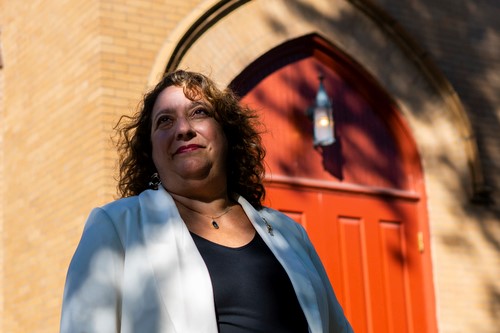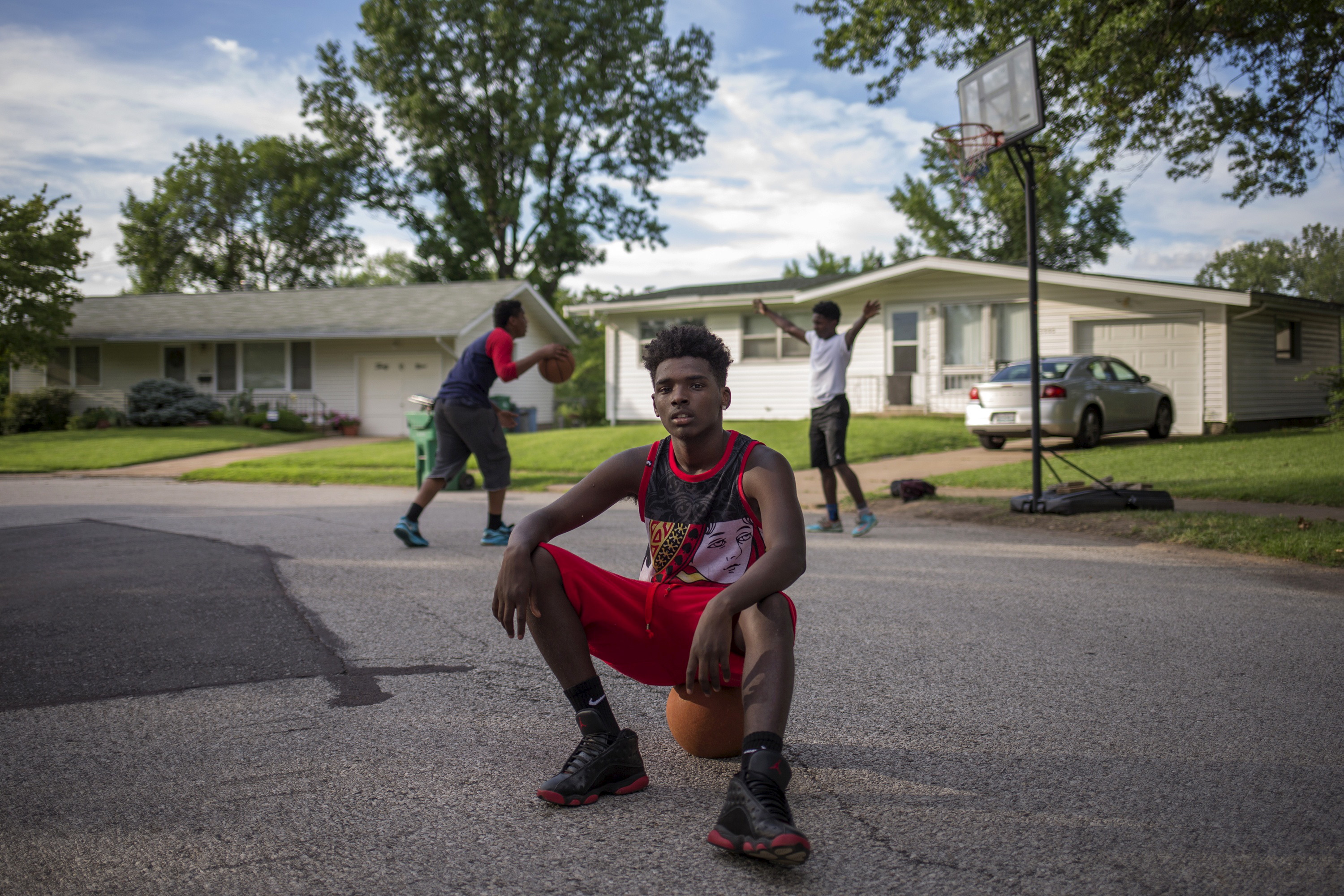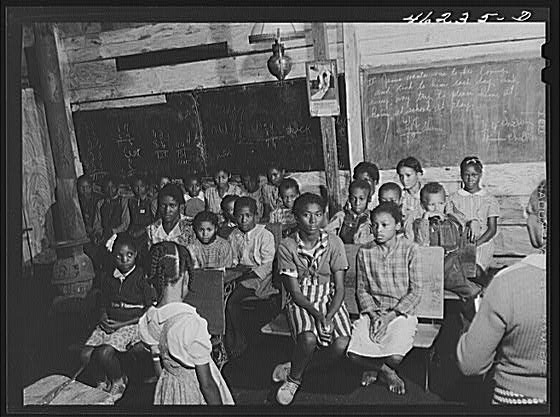Sixties Fan
Diamond Member
- Mar 6, 2017
- 67,425
- 12,054
- 2,290
[Say WHAT about Legacy admissions?]Odds are that she did. Two out of three blacks admitted to Harvard would not have been accepted if they were white. That means she likely took the place of a white, who was rejected for his skin color.
Legacy admissions are not racist policies. So what we basically have are:
1) Legacy admissions, open to blacks and whites alike
2) Regular middle-class blacks, who were given priority due to skin color, and were accepted with grades and scores that would have had them laughed out of the admissions committee if whitr
3) Regular middle-class whites (and more recently Asians) who had to be near-perfect to get in, while they would have been welcomed with open arms if black
The ones who have been robbed of opportunities due to skin color were middle-class whites.
- Legacy admissions are formal and informal practices where schools give additional consideration to college applicants with a parent or other ancestor who’s an alumnus. Banning legacy admissions policies addresses the white-supremacist foundations of higher education, which explicitly prohibited non-White students for more than 200 years.
How ‘legacy’ admissions to elite colleges and universities ...
------------------------------
Could preserving legacy admissions benefit students of color?
- So on a small scale, preserving legacy admissions could benefit applicants of color who are children of alumni. But at Princeton, where more than half of admitted students were people of color in 2019, just 27% of legacy admits were students of color.
Why do colleges use legacy admissions? 5 questions answered
theconversation.com/why-do-colleges-use-legacy-admissions-5-questions-answered-169450----------------------------------
Natasha Warikoo, a sociology professor at Tufts University in Massachusetts and author of "The Diversity Bargain: And Other Dilemmas of Race, Admissions, and Meritocracy at Elite Universities," calls legacy admissions indefensible.
Giving a boost to legacy students, she recently wrote, discounts what others have to offer.
"It's important to recognize that the ways students get selected for these colleges is not a straightforward meritocratic process where you're selecting the quote-unquote 'best of the best,' but there are all of these idiosyncrasies," Warikoo says.
Warikoo's objection isn't that legacy applicants are unqualified. "Legacy applicants tend to be pretty qualified because they're the children of highly educated parents," she says.
The issue for her is that legacy admissions offers a boost to applicants who are already privileged, often at the expense of equally talented students who would add to diversity on campus.
-----
What Legacy Applicants Should Know About College Admissions
"Different colleges have different definitions for what makes a legacy applicant," Adler explains.
Some schools confer legacy status on children of alumni, while others will include grandchildren or siblings. Applicants should check with admissions offices to understand how legacy status is defined at their particular college.
They should also inquire about the process for legacy applicants. For example, some colleges ask legacy applicants to apply via early decision, Adler notes.
Understanding the benefits of legacy status can be difficult to determine. It may mean an extra read on an application, an additional interview or special visiting days for legacy applicants.
"If that's an opportunity, then certainly take advantage of it," Adler advises.
"If you don't get into a place, it doesn't mean you're any worse or less worthy than someone who did get in," Warikoo says. "And on the flip side, someone getting into a place doesn't mean that they're any more worthy than someone else who didn't."
(full article online)
[THis:
"If you don't get into a place, it doesn't mean you're any worse or less worthy than someone who did get in," Warikoo says. "And on the flip side, someone getting into a place doesn't mean that they're any more worthy than someone else who didn't."
Also applies to the young person whose mother passed away from cancer. I choose to think that that student got into an even better school, or did very well in that school and had a great career.]







